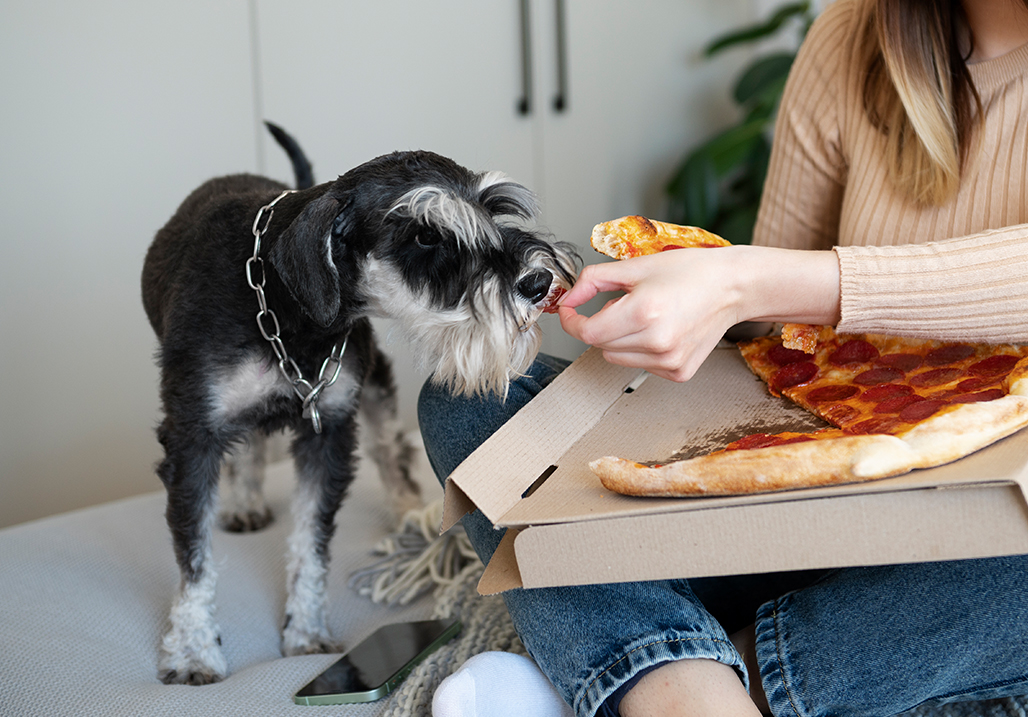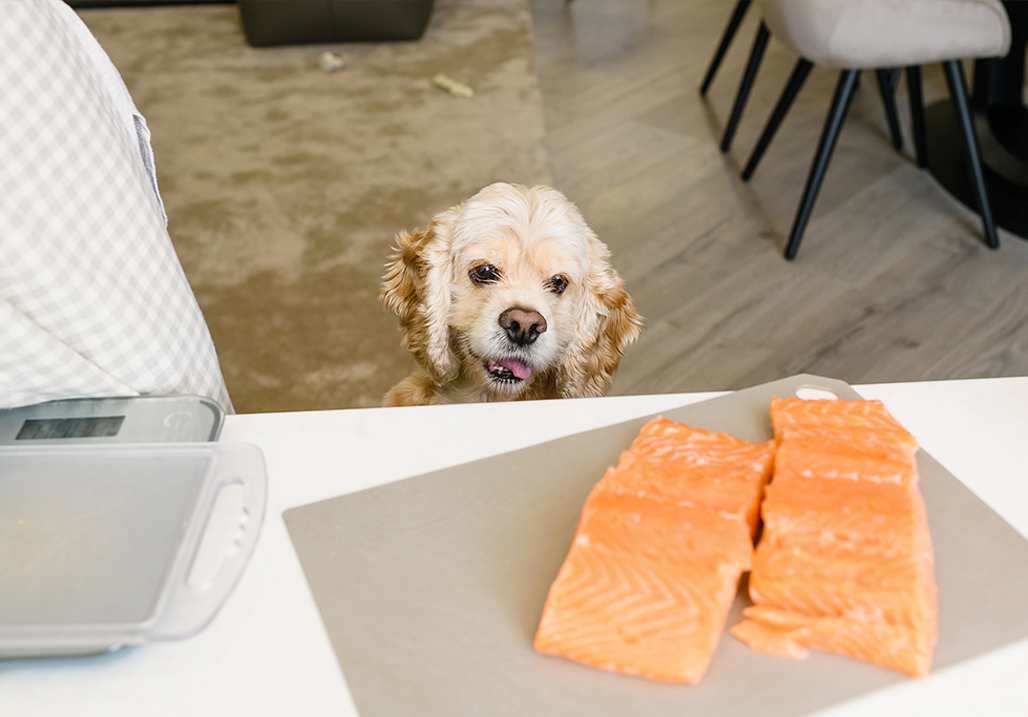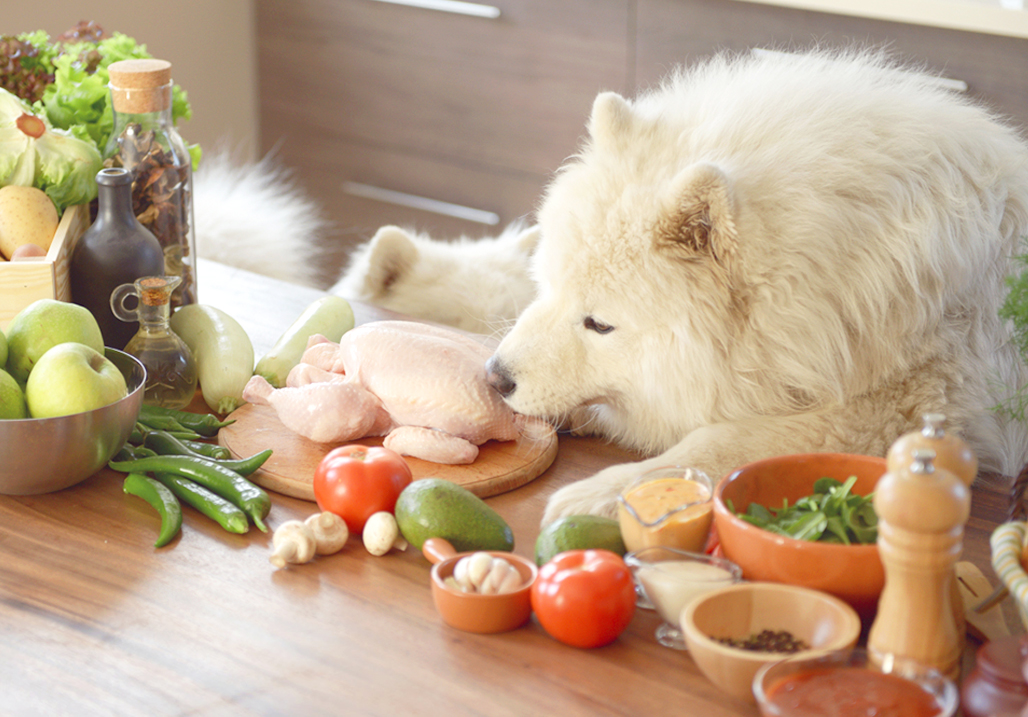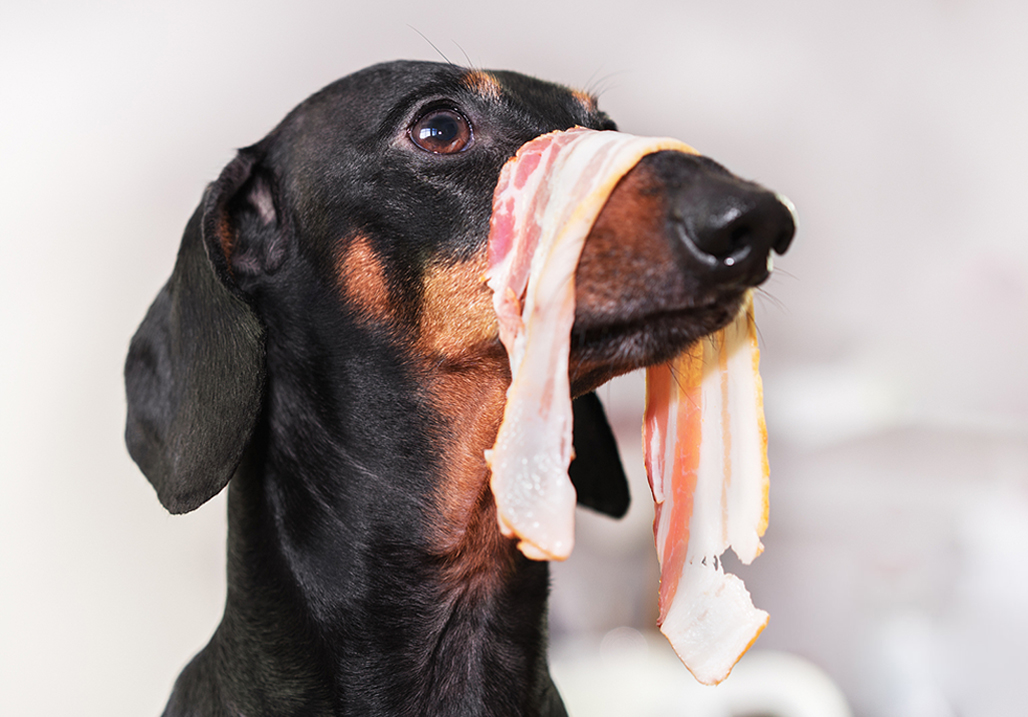Meat That Dogs Can’t Eat
Mar 28,2023 | Petbobi
While we know that dogs are carnivores, there are a surprising number of meats that dogs just cannot eat. Certain meats can have certain health risks or be unhealthy for dogs. If you are making homemade dog food or you just want to give your dog a special treat, it is important to know what meat dogs can and can't eat.
Processed Meats

- Bologna
- Hot dogs
- Deli meat
- Chicken nuggets
- Spam
Various processed types of meat can be dangerous for dogs to consume. This can be due to several reasons, but mainly because processed meats tend to be high in fat content and high in salt content.
One example of processed meat we should avoid giving our dogs is hot dogs. While some like to use cut-up pieces of hot dogs as training treats, this should only be done in moderation.
Hot dogs are a type of processed meat that is sometimes even referred to as "mystery meat," meaning that it is a mix of various types of meat. They often include seasonings that can be dangerous to dogs, like onion powder or garlic powder, and they can sometimes have artificial sugars and various preservatives in them that can all be quite harmful to dogs.
More specifically, some have been known to contain sodium nitrate, a substance that has recently been linked to cancer as well as monosodium glutamate (MSG), which has been linked with seizures in dogs. Hot dogs also usually have a high fat and high salt content, which can easily lead to health problems in dogs.
Similarly, like hot dogs, bologna can be dangerous to dogs, especially in large amounts, due to the high levels of salt and fat that can be found in the meat. These high levels of salt and fat can lead to serious conditions like obesity and pancreatitis.
Sausages
- Chorizo
- Salami
- Bratwurst
- Kielbasa
- Pepperoni
Most kinds of sausage are also bad for dogs. This is because they are usually high in fat content and have high salt or sodium content. However, they are also bad for dogs because of the various spices they contain. Spices like onion and garlic are known to be toxic to dogs, but other species, like red chili pepper, can also be dangerous to dogs when consumed. Some examples of sausage that dogs should not eat include chorizo, salami, and pepperoni.
Pork
- Bacon
- Ham
- Prosciutto
- Culatello
While not all pork is bad for dogs, there are some methods of preparation that do make pork dangerous for dogs. By itself, pork is perfectly fine. However, while most pork won't have toxic ingredients in it, there are still aspects of the way it is prepared that can cause dogs to have symptoms like an upset stomach, vomiting, or diarrhea. Some examples of pork that is not safe for dogs to consume are bacon, ham, and prosciutto.
In large amounts, consumption of such meat can lead to major health concerns like pancreatitis, obesity, and bloat or Gastric Dilation-Volvulus (GDV).
Meat on Bones

Cooked meat on bones can be extremely dangerous and even life-threatening to dogs. Once cooked, bones become extremely hard and brittle. When eaten by a dog, they pose a serious choking hazard. These cooked bones will also likely break apart and splinter into smaller pieces. These sharp pieces are swallowed and can then perforate the intestinal tract. This requires veterinary intervention by way of surgery and, if left untreated, can lead to sepsis and, ultimately, death.
Fish

While some kinds of fish are perfectly safe for dogs to eat, others are not as safe. For example, whitefish, cod, and salmon are all perfectly fine for dogs to eat so long as the bones are removed. However, fish that grow quite large during their long lifespan is generally considered to be not safe to eat. These might include swordfish, tilefish, king mackerel, and albacore tuna fish. These fish that live a long time have more time to accumulate mercury in their bodies, which can be incredibly harmful to dogs.
Beef and chicken

Even chicken and beef can be a problem for some dogs! For most dogs, though, these proteins are a perfectly safe and nutritionally sound food source. However, beef is the number one food allergen for dogs, and chicken is the fifth!
Again, for most dogs, these are great meats and can be the perfect or just right dog food ingredient, but others might be allergic and find them to be irritating dog food. Consult with your veterinarian if you suspect your dog may have a food allergy. Symptoms can include vomiting, diarrhea, skin rash on the underbelly, as well as excessive itching and scratching.
Fatty meat

Fatty sections of meat can be quite problematic for dogs. Fatty meat refers to the portion of meat that is often cut away that humans don't eat. While a tiny amount typically won't hurt, it is best to avoid giving fat trimmings to dogs. Too much fatty food in the diet can ultimately lead to pancreatitis, an inflammatory disease of the pancreas.
Health Concerns
Some of the major health concerns associated with certain kinds of meat include choking hazards, digestive upset, and even seizures. Other health concerns related to eating certain kinds of meat include pancreatitis, high blood pressure, obesity, as well as blockages or perforations in the intestinal tract.
Conclusion
It is only natural for your dog to ask for a piece of bacon or a slice of bologna. Who couldn't resist the smell of bacon? While a small bite here and there of processed meats, sausage, or fatty meat is usually fine, it is still best to avoid feeding these types of meats to your dog to reduce the risk of health problems down the road. When eaten in excess, various health concerns like obesity, pancreatitis, and kidney damage, among others, can develop.




